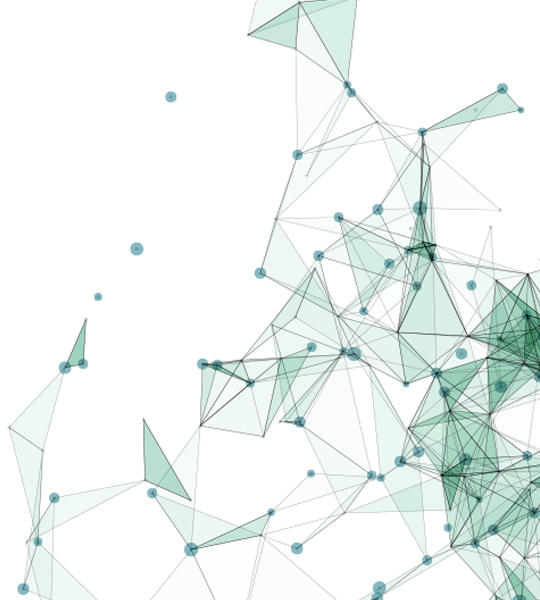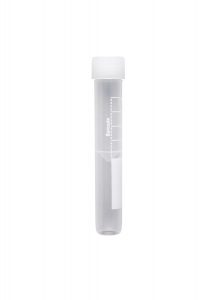Clinical Update
Ziad Peerwani, MD Appointed as Medical Director of Cleveland Clinic Laboratories
Ziad Peerwani, MD has been appointed as the new Medical Director for Cleveland Clinic Laboratories, effective September 1, 2021.
Dr. Peerwani was most recently CEO of Union71, based in Abu Dhabi, where he oversaw 17 laboratories, outpatient phlebotomy services, and the performance of more than 15 million lab tests per year.
“We look forward to the experience Dr. Peerwani brings to leading and growing our outreach laboratory services,” says Brian Rubin, MD, PhD, Chair of Cleveland Clinic’s Robert J. Tomsich Pathology & Laboratory Medicine Institute.
About Dr. Peerwani:
In August 2020, Dr. Peerwani was appointed to carve out all laboratory services from SEHA, the government-owned health care system in Abu Dhabi, into an independent company while minimizing the impact on patient care and operations.
After successfully establishing the new business—Union71—Dr. Peerwani was appointed as its first CEO on October 4, 2020. During Union71’s first year, Dr. Peerwani stabilized and grew the laboratory while substantially outperforming Year 1 projections. Eventually, in March 2021, Union71 merged into PureHealth, with Dr. Peerwani supporting another transition.
Before serving as Union71’s CEO, Dr. Peerwani was Chairman of Pathology & Laboratory Medicine at Tawam Hospital, the regional cancer center for SEHA. He was also the section chief of hematopathology and flow cytometry, providing the majority of clinical sign-out over the years.
Prior to joining Tawam in 2014, Dr. Peerwani practiced general anatomic and clinical pathology at Baylor Scott & White All Saints Medical Center — Fort Worth.
Dr. Peerwani completed his residency and fellowship in Anatomic Pathology, Clinical Pathology, and Hematopathology at Cleveland Clinic.




